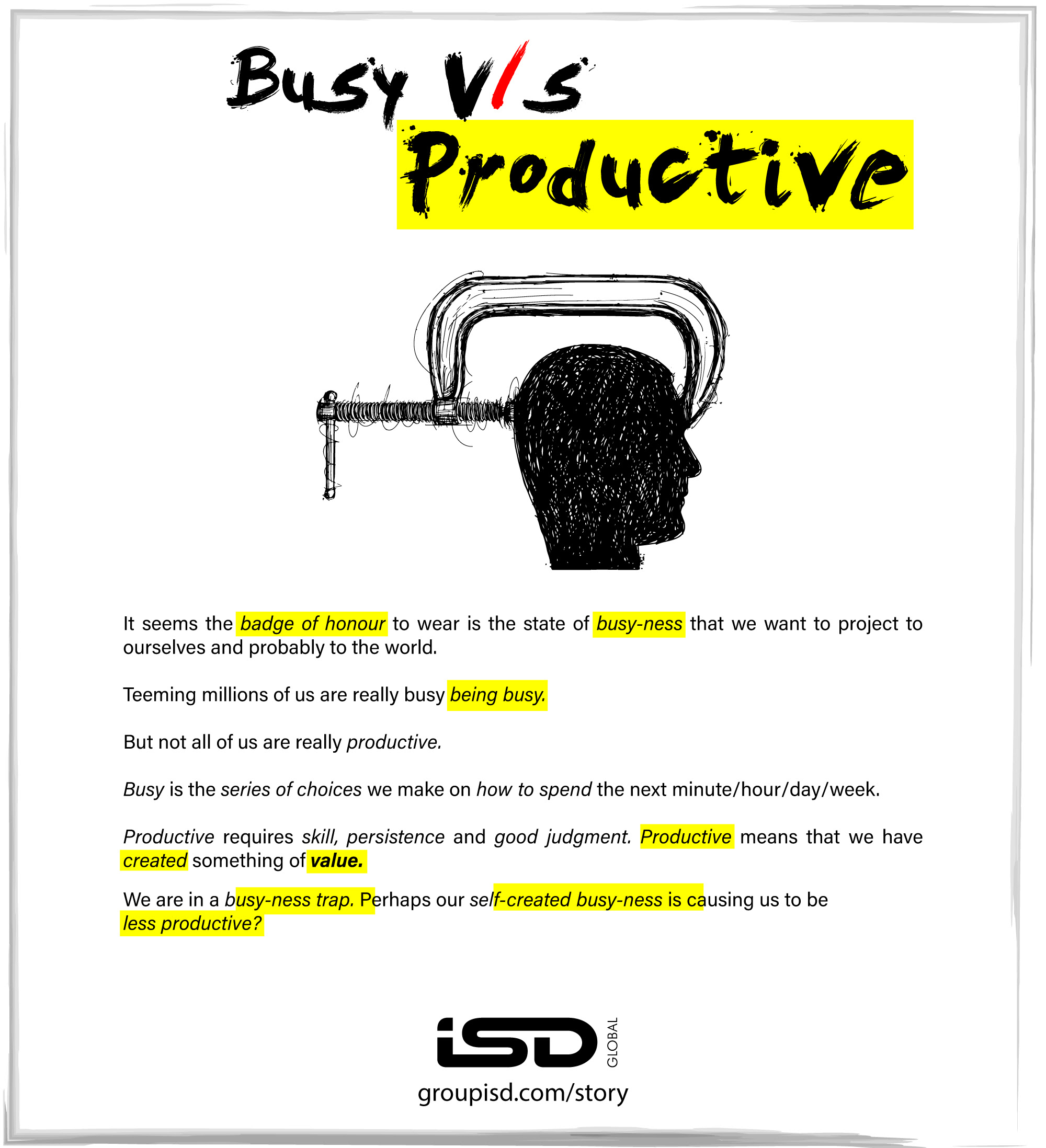There is of course a phonetic co relation to what you are thinking but there ends the potential!! Sorry to disappoint you.
A sutra is a concise verse or scripture within Hinduism and Buddhism. In Sanskrit, sutra means “note,” “sacred thread,” or “code.” Sutras are often used in chanting and meditation. Many who have a spiritual yoga practice use the sutras as a guide to life.
” If then it’s not the things that you pursue or avoid are coming at you, but rather than you in a sense are seeking them out, at least try to keep your judgement of them steady, and they too will remain calm and you won’t be seen chasing after or fleeing from them “. Marcus Aurelius, Meditations, 11.11
People often look to their leaders before looking at themselves before losing their calm and if their leader is calm, they will be calm too. This is what is meant by “calm is contagious”. It means you need to be mindful of how you’re feeling and what emotions you’re projecting.
Calm isn’t the only thing that’s contagious. You can pretty much replace calm with any word like panic, chaos, or disorder.
Former Navy SEAL Rorke T. Denver’s idea of Calm is Contagious carries valuable lessons that every leader should know. Diving into the deeper meaning of “ calm is contagious ” shows us the role of leaders in any environment and how we can do better to guide our teams.
There is a maxim that Navy SEALs pass from officer to officer, man to man. In the midst of chaos, even in the fog of war, their battle-tested advice is this: ” Calm is Contagious “.
You don’t need to be a Navy SEAL to have a contagious calm. We all want to be around people who are calm and in control. But we also have an opportunity to be that person for our colleagues, our families and even ourselves. Our ability to calm ourselves and reduce stress fundamentally changes how we react and how we make decisions.
Given that others are likely to mimic or amplify your behavior, think closely about what you want that behavior to be. There’s an obvious contagious effect with our emotional and cognitive experiences; we’re constantly affected by others and their emotional states.
Humans are hardwired for connection.Whether people know it or not, they’re constantly borrowing from other people’s nervous systems and lending out their own. It’s a trade off- give and take.
There are enough storms. Stick to calm.
PS: If time and inclination permit, you my find value in watching the interview in BrandKnew with Dr Jonah Berger( author of the book Contagious, among many other best-sellers).
ENDS

